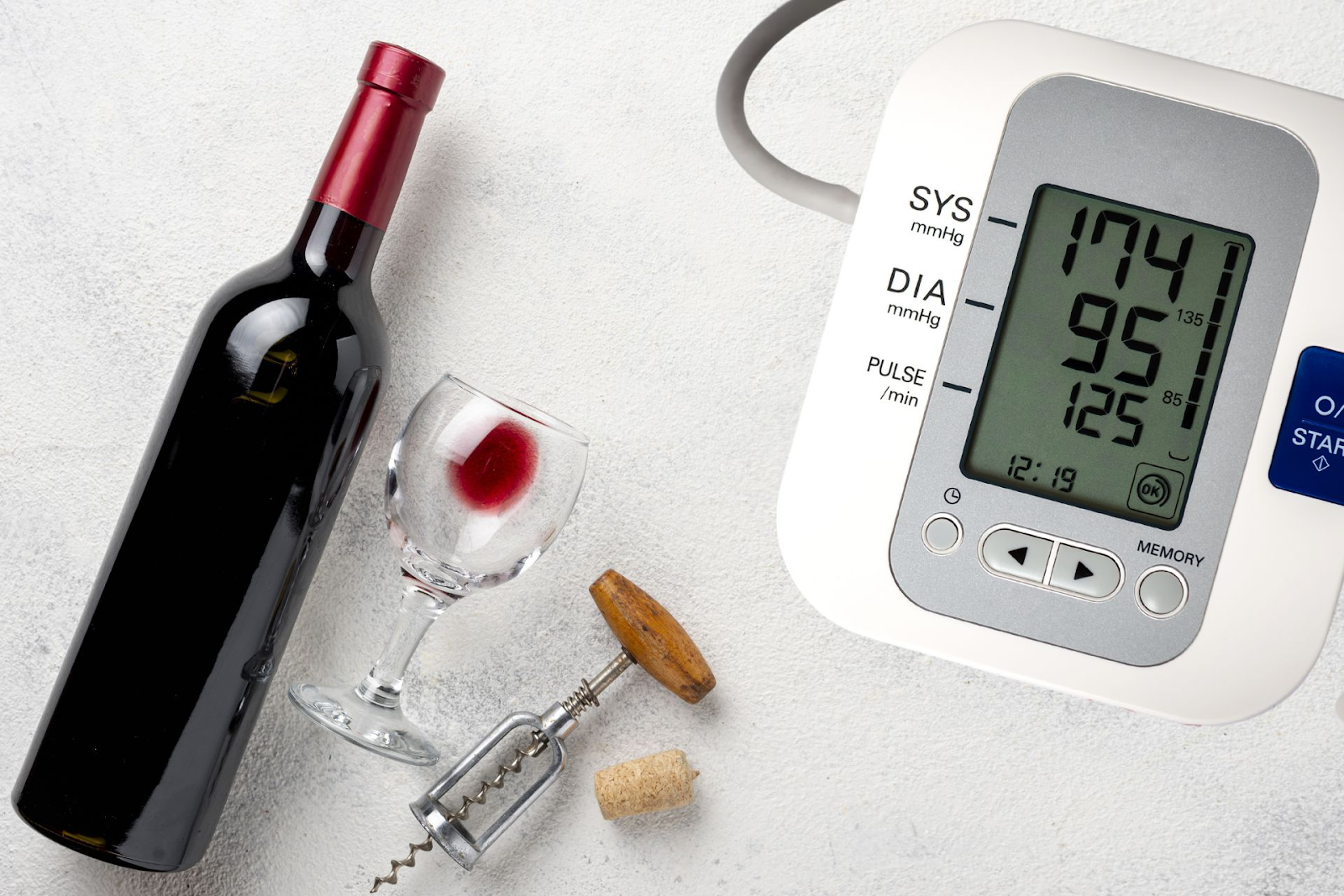CONTROL THE RISK OF BLOOD PRESSURE
CONTROL THE RISK OF BLOOD PRESSURE
Controlling the risk of high blood pressure (hypertension) is essential for maintaining overall health and reducing the risk of cardiovascular diseases. Here are some strategies to help manage and control blood pressure:
Healthy Diet:
- Adopt a balanced diet rich in fruits, vegetables, whole grains, lean proteins, and low-fat dairy products.
- Limit sodium (salt) intake to less than 2,300 mg per day or even lower if advised by a healthcare professional.
- Reduce the consumption of processed and high-sodium foods.
- Incorporate foods rich in potassium, as it can help counteract the effects of sodium on blood pressure.
Regular Physical Activity:
- Engage in regular aerobic exercises such as walking, jogging, swimming, or cycling for at least 150 minutes per week.
- Include strength training exercises at least twice a week to further support heart health.
Maintain a Healthy Weight:
- Achieve and maintain a healthy body weight by balancing calorie intake with physical activity.
- Losing as little as 5-10% of body weight can significantly lower blood pressure.
Limit Alcohol Intake:
- If you consume alcohol, do so in moderation. For most adults, this means up to one drink per day for women and up to two drinks per day for men.
Quit Smoking:
- Smoking and exposure to secondhand smoke can raise blood pressure and damage blood vessels. Quitting smoking improves overall cardiovascular health.
Manage Stress:
- Chronic stress can contribute to hypertension. Engage in stress-reducing activities such as meditation, yoga, deep breathing exercises, or hobbies you enjoy.
Monitor Blood Pressure:
- Regularly check your blood pressure, either at home or with the help of a healthcare professional.
- Knowing your blood pressure numbers can help you track progress and identify any potential issues.
Medication Adherence:
- If prescribed blood pressure-lowering medications by a healthcare professional, take them as directed and do not skip doses.
Limit Caffeine:
- Limit your intake of caffeine, as it may cause a temporary increase in blood pressure.
Regular Health Check-ups:
Schedule regular check-ups with your healthcare provider to monitor your blood pressure and overall health.
Remember that hypertension is a chronic condition, and managing it requires long-term commitment and lifestyle changes. Always consult with a healthcare professional for personalized advice and guidance on blood pressure management.







Comments
Post a Comment